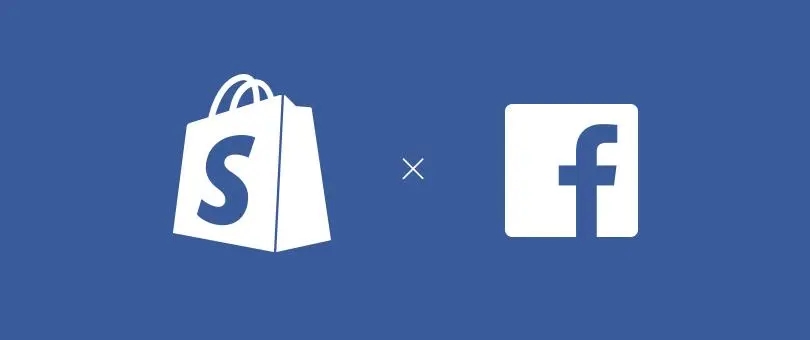
YCD News – On September 27, Shopify and U.S.-based B2B platform Faire simultaneously announced that Shopify has acquired a partial stake in Faire, officially becoming its shareholder, but the specific amount of the transaction has not been disclosed. Upon completion of the acquisition, Shopify merchants will be able to find B2B buyers through the Faire platform and also purchase goods on the platform.
The partnership will help Shopify merchants grow their B2B business.
Whereas in the past, merchants spent a lot of time manually entering data for a bunch of B2B orders, Shopify merchants will now be able to use a fully integrated Faire seller channel to manage all B2B orders, as well as install a Faire-powered “Stockist” map on their site. which allows consumers to see if a nearby store carries the brand’s merchandise.
Founded in 2017, Faire has been operating in 15 European countries since 2021, and while the US is currently Faire’s largest market, European growth has been even stronger. The platform currently works with more than 100,000 brands and has nearly 10 million items, and its revenue comes primarily from commission fees charged to platform sellers.
The investment in Faire is Shopify’s latest move to accelerate progress in its B2B business.
And for the past year or so, Shopify has been looking at its B2B business as a key project to meet the needs of more B2B merchants by adding tools and process refinements.
Last year, Shopify launched a plugin called Balance, which allows U.S. B2B merchants to make self-service payments. In January, Shopify launched a combinable commerce stack that allows large enterprise merchants access to Shopify’s core functionality. In June, Shopify allowed ShopifyPlus merchants to make B2B sales and purchases through its platform.
In fact, Shopify began reaching out to Faire about 10 months ago to explore a deeper partnership, with a high degree of overlap between the two in terms of B2B customers. Now, Shopify is outsourcing its B2B business by acquiring a partial stake in Faire. To a certain extent, it shows that Shopify is more determined to focus its R&D on B2C business rather than B2B business.
